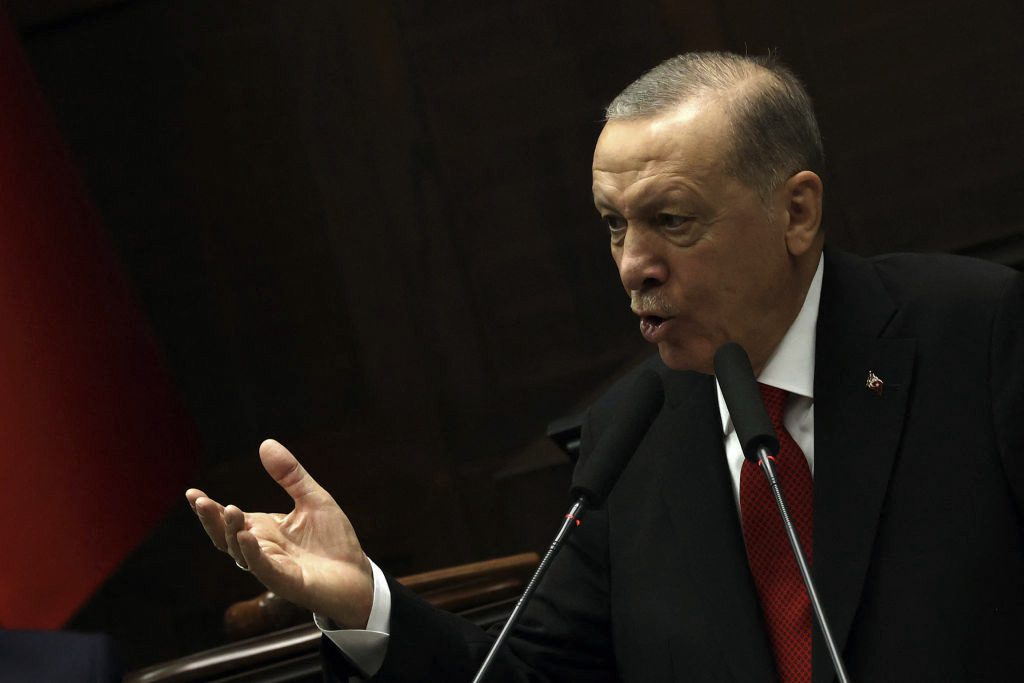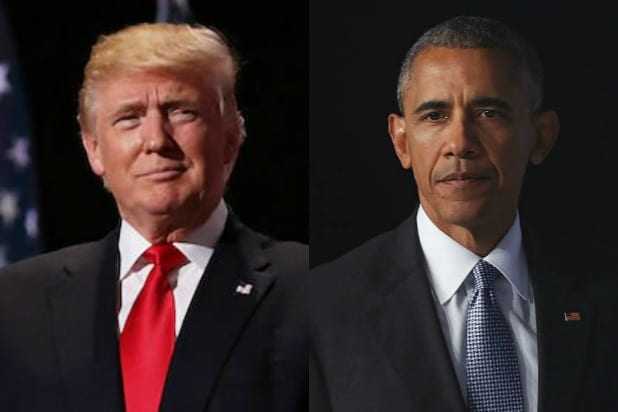By Yoni Ben Menachem, Jerusalem Center for Security and Foreign Affairs.
Recent developments in Turkey mark a dangerous new phase in what observers describe as Turkish President Recep Tayyip Erdoğan’s ongoing erosion of democratic institutions and his steps toward establishing authoritarian rule.
According to these sources, Istanbul’s popular mayor, Ekrem İmamoğlu, a leading presidential candidate from the Republican People’s Party (CHP) for the 2028 elections, was recently arrested alongside approximately 100 of his aides.
They face dubious charges ranging from corruption to alleged links with terrorist organizations, particularly the Kurdistan Workers’ Party (PKK), even as Erdoğan’s government engages in peace negotiations with the same group.
While Israel refrains from interfering in Turkey’s internal affairs, diplomatic voices in Jerusalem view these accusations as politically motivated and aimed at eliminating Erdoğan’s most formidable political rival.
It appears that Erdoğan is determined to remain in power for life, unwilling to cede leadership to rising political figures such as İmamoğlu, who enjoys unprecedented popularity.
His tactics mirror those of other power-hungry autocrats throughout history.
In a particularly striking move, Erdoğan allegedly orchestrated the revocation of İmamoğlu’s academic degree by Istanbul University on the eve of his arrest.
This disqualification, based on flimsy pretexts, prevents İmamoğlu from running for president, as a university degree is a prerequisite for candidacy in Turkey. Notably, he earned the degree in question more than 30 years ago.
Ironically, Erdoğan’s own political journey began with a struggle against authoritarianism. As a former mayor of Istanbul, he faced similar repression, only to later become entrenched in the very dynamics he once fought against.
Over the years, his hold on power has seemingly become an addiction, pushing him to dismantle democratic safeguards.
Recent events suggest that Turkey’s opposition has grown stronger.
Protests against İmamoğlu’s arrest are gaining momentum, posing an unprecedented threat to Erdoğan’s rule. Many Turks view the movement to free İmamoğlu as part of a larger fight to rescue their democracy.
More than 1,500 people have been arrested during the protests, but it is doubtful that these crackdowns will quell the growing unrest.
Israeli analysts warn that Erdoğan might escalate his response, potentially resorting to violent suppression similar to deposed Syrian President Bashar al-Assad’s brutal crackdown on protests in Syria in 2011 – a scenario that could even lead Turkey toward civil war.
However, there is also a possible scenario in which the protest movement could succeed in toppling Erdoğan’s regime, depending on the persistence and determination of the demonstrators.
Economic turmoil is further fueling discontent. The Turkish stock market has plunged, and the central bank has injected $14 billion to prevent the lira from collapsing.
Diplomatic sources speculate that Turkey is undergoing a deep internal crisis, but there is a possibility that Erdoğan could be ousted, either by the protest movement or even through a military coup. Thus far, the military’s generals remain on the sidelines, closely monitoring the unfolding situation.
Such a development could enhance regional stability.
Erdoğan has long harbored ambitions of dominating Syria, leveraging his proxy group Hayat Tahrir al-Sham, led by Abu Muhammad al-Jolani, to weaken Assad’s regime and assert influence.
Ultimately, Erdoğan’s actions threaten both Turkish democracy and the nation’s international reputation – a perilous trajectory that could reshape Turkey’s future and its role in the Middle East.





